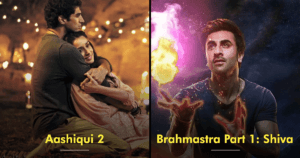For decades, Bollywood screenwriters have strived to develop self–sufficient, truly independent, and relatable female characters. However, only a few female protagonists, in films like Lajja, Black, or Chandni Bar, stood out from the abla naari or manic pixie dream girl tropes.
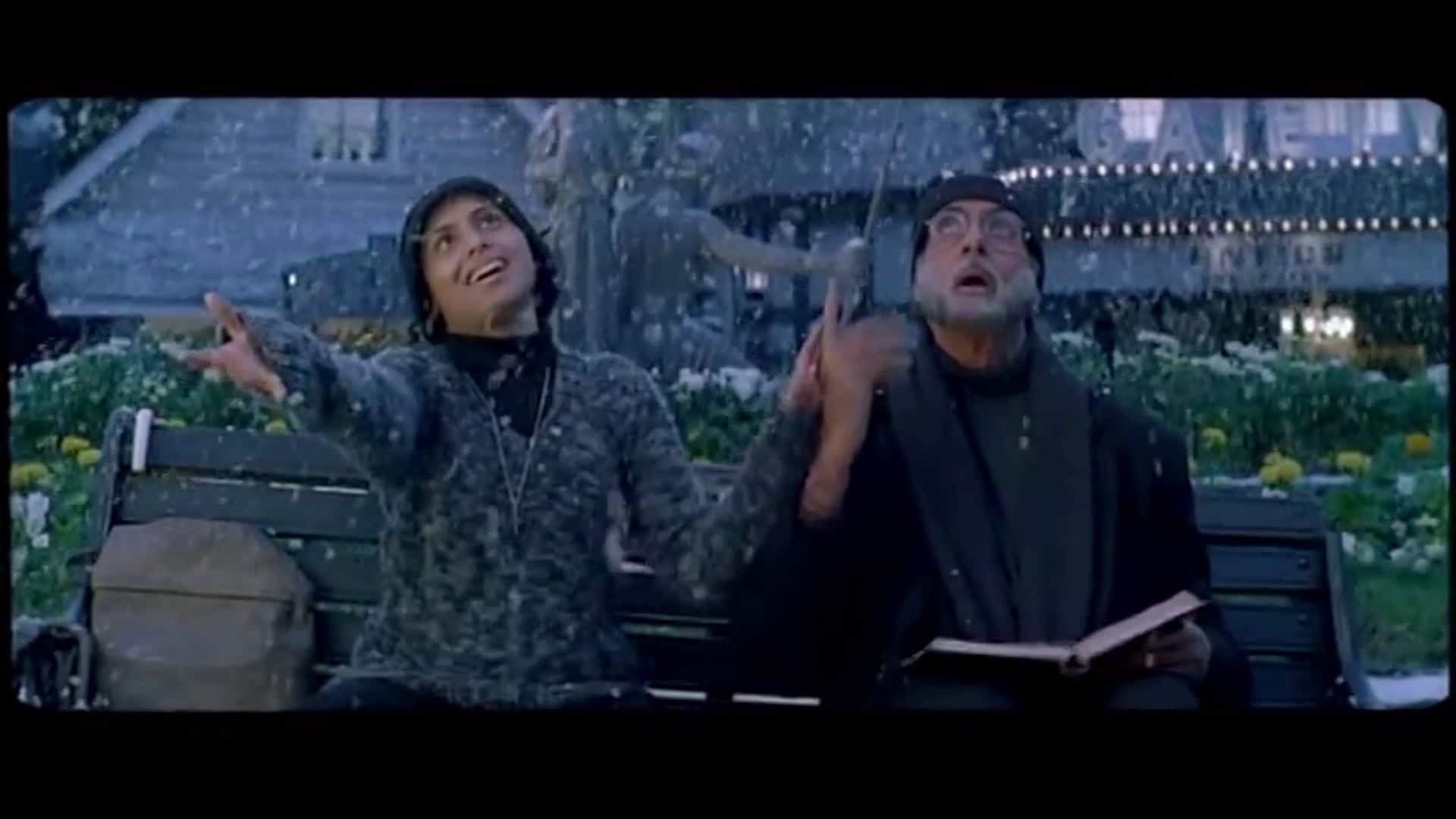
The new-age women in Indian cinema finally found their voice with the influx of female filmmakers who presented a fresh narrative and a handful of male directors who defied stereotypes. These female characters, who were once reduced to becoming someone’s lover or wife, now have their own identity.
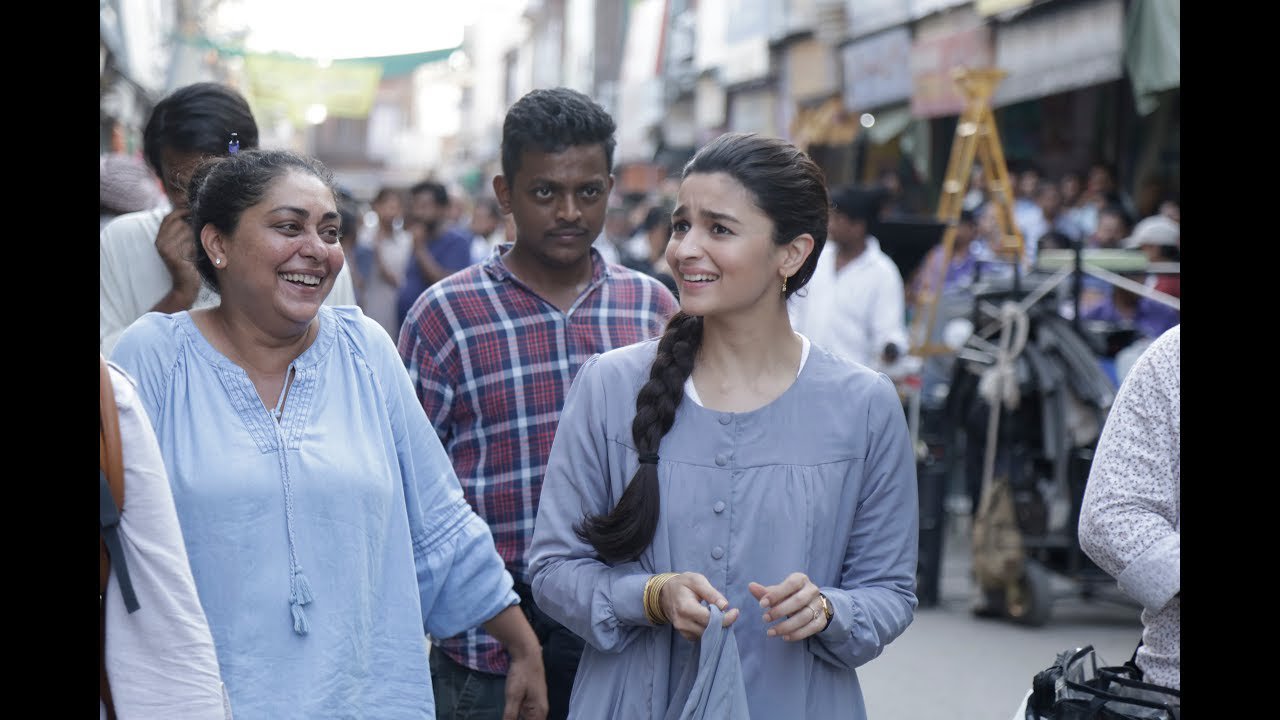
Here are a few of those rare characters From Bollywood movies who were more than just someone’s love interest:
1. Piku in Piku
Piku, an unabashed feminist film directed by Shoojit Sircar, defied several gender conventions in its portrayal of female characters. The lead’s identity was independent of any of the male characters in the film who could have been her love interest. Sircar is to be commended for not forcing her to “settle” for a man in order to provide us with a “happy ending.”
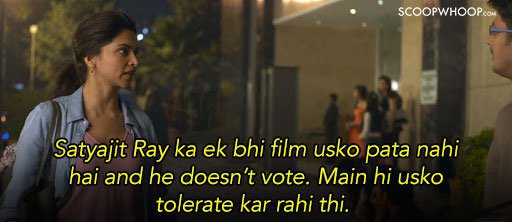
2. Amrita in Thappad
Anubhav Sinha’s Thappad was one of the most outstanding cinematic works we’ve seen in recent several years. Despite the fact that the protagonist, Armita, is introduced as someone’s spouse, the filmmaker actually gives her a voice in the end. Remarkably, this film resists adding a male savior, which is a prevalent trope in our films, to rescue the female lead.
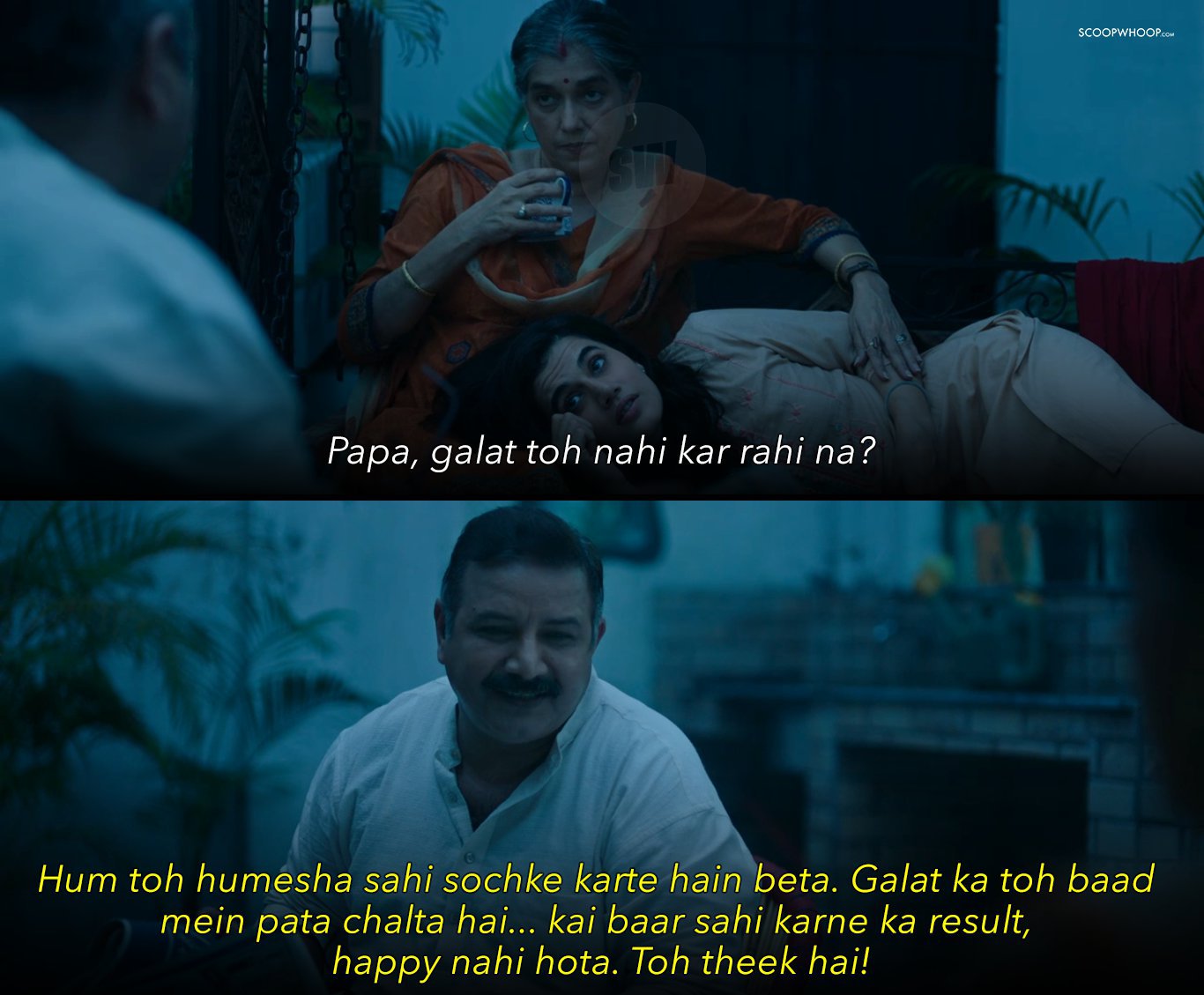
3. Sandeep in Sandeep Aur Pinky Faraar
A film with a unique narrative, which might have received polarising reviews, challenged the patriarchal norms of society and toxic masculinity. Sandeep, played by Parineeti Chopra, was a young and financially independent woman who is confronted with the dreadful status of women in our society.
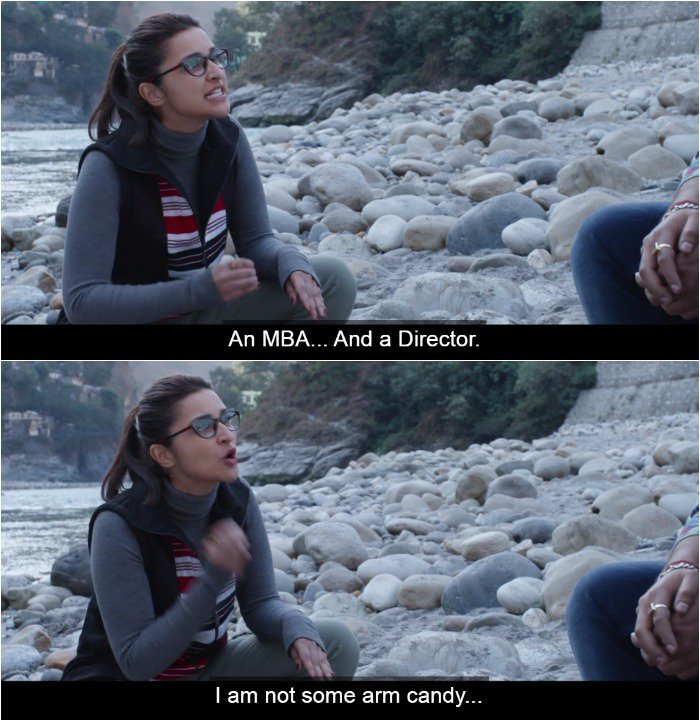
4. Sandhya in Pagglait
The film begins when Sandhya’s spouse passes away. The plot then shifts to the life of a widow who learns the truth about their relationship. However, as she explores life beyond their marriage, the character refuses to be limited her “accepted” position in society as a widow.
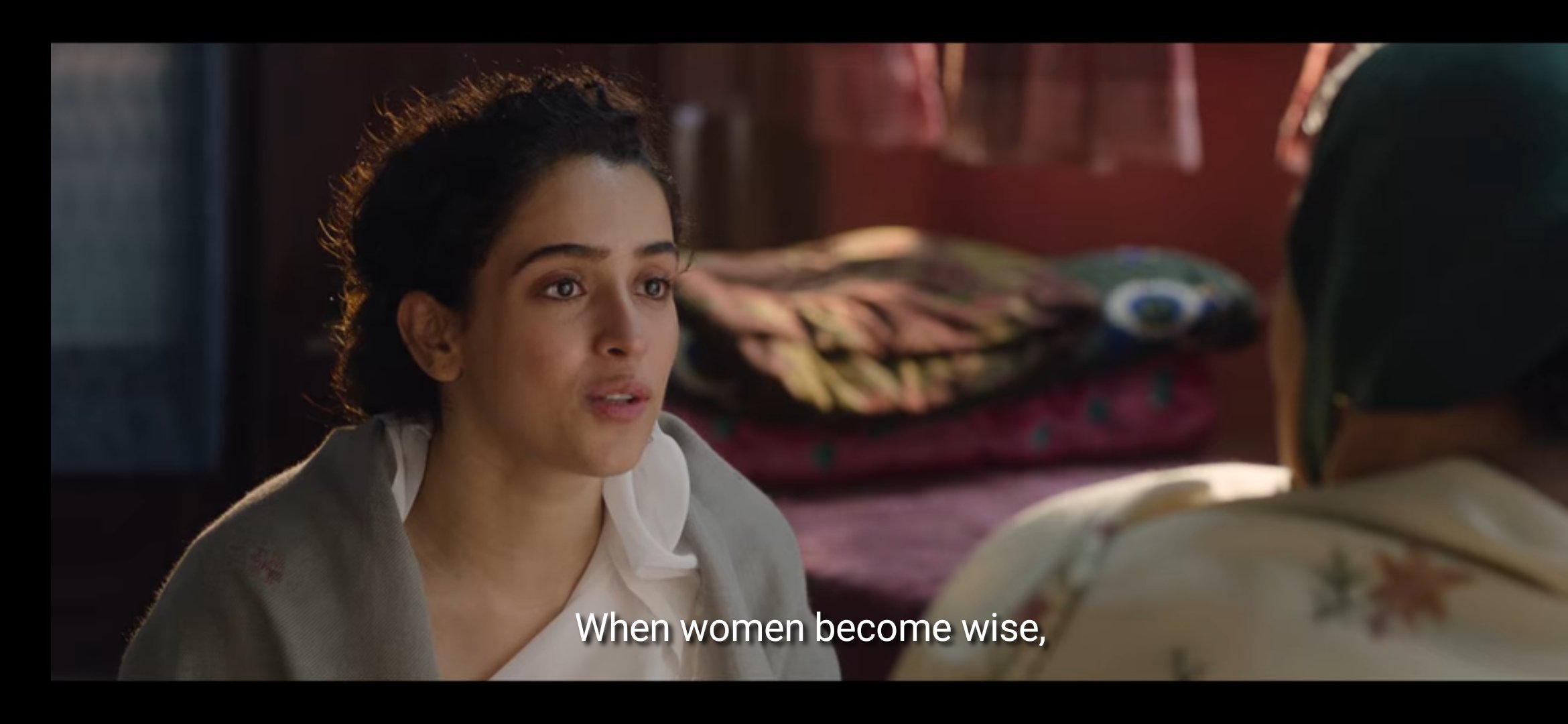
5. Vidya in Kahaani
Any male character that ever comes to the rescue of the female protagonist eventually falls in love with her. The lead of Sujoy Ghosh‘s thriller Vidya, on the other hand, does not meet the same fate. Despite the fact that she had people assisting her to find her husband’s murderer, she remains the hero of the story.
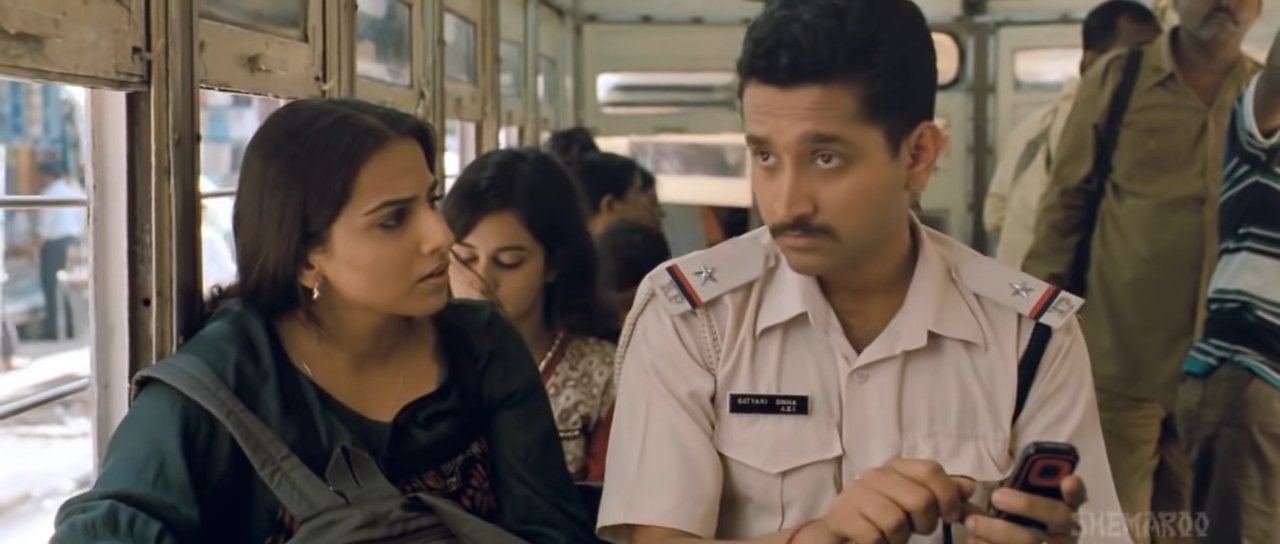
6. Kaira in Dear Zindagi
Gauri Shinde’s Dear Zindagi is distinctive in many aspects, but most notably for its superbly written main character. Kiara was indeed a completely relatable character that, despite her love life struggles, was just so much more than her romantic woes.
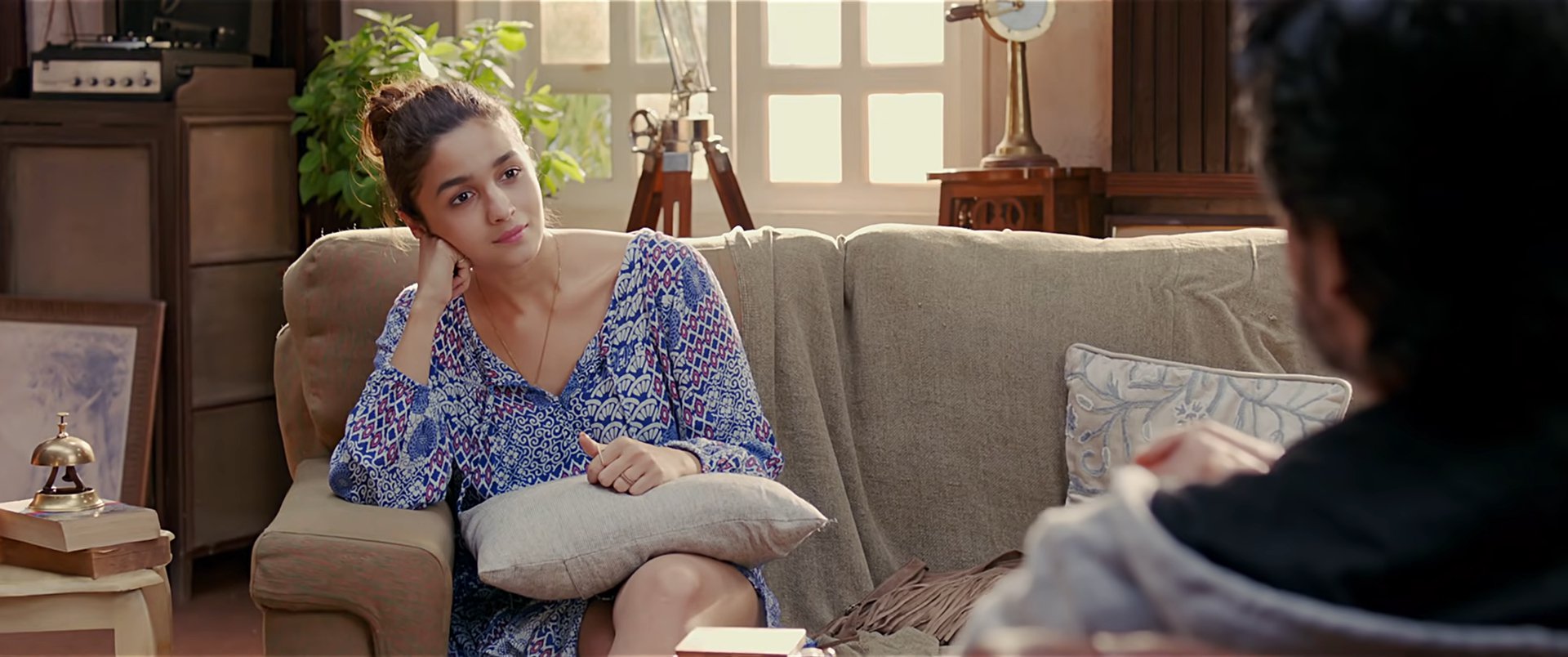
7. Rani in Queen
Queen, directed by Vikas Bahl, was one of the first women-centric films of its time, riding solely on the shoulder of its female lead. It was refreshing to watch a woman, who had been dumped by her fiancee a day before her wedding, discover herself. In fact, the storyline rightly dodges the character from ending up with another guy towards the climax.
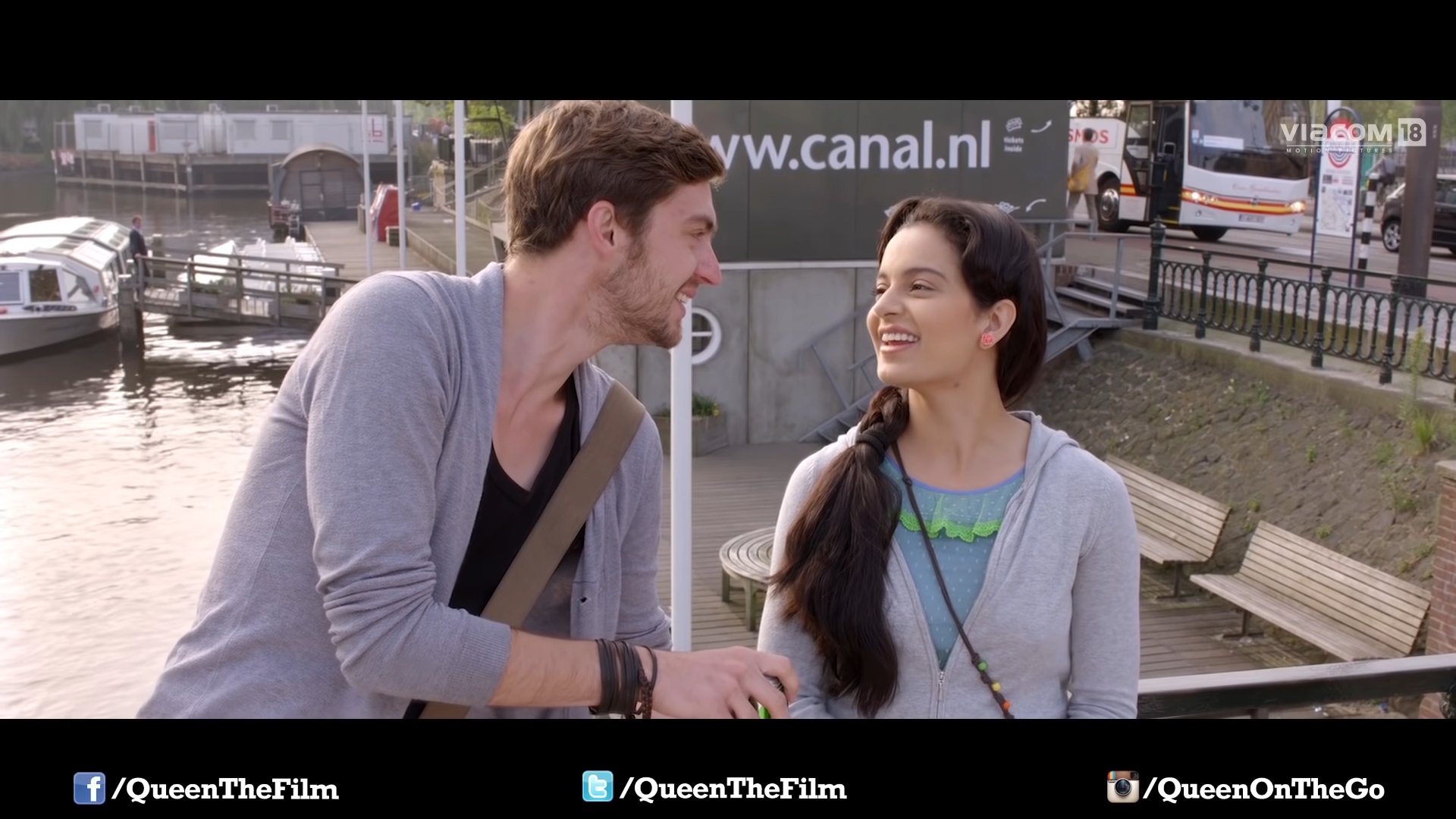
8. Sona in Luck By Chance
Luck By Chance, directed by Zoya Akhtar, featured one of the most powerful climaxes I’ve ever seen. Sona, played by Konkona Sen Sharma, shines out as a strong female character who moves on from her ex-lover and offers the viewers hope for a new beginning.
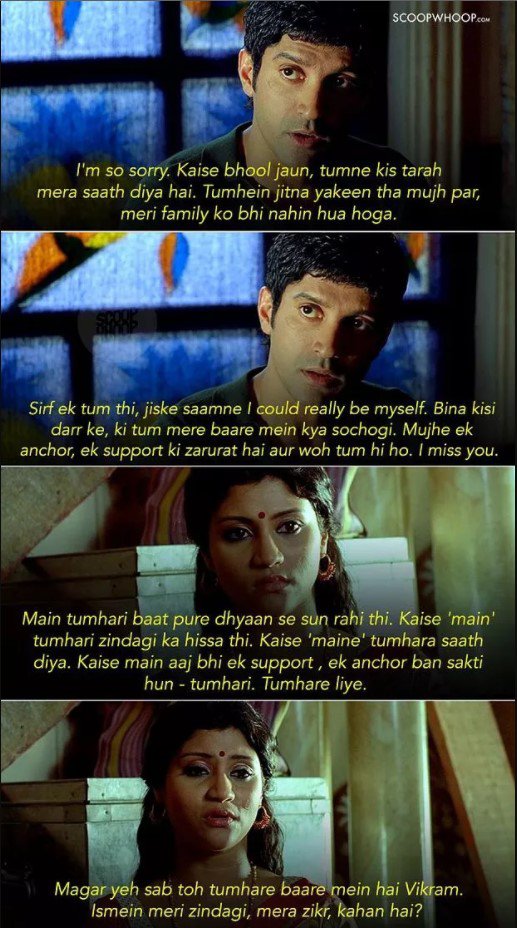
9. Pooja in Arth
The cinematic account of Mahesh Bhatt’s relationship with actress Parveen Babi was presented in the film Arth. However, Pooja, Inder’s wife, played by Shabana Azmi, was a figure who stayed the film’s beating heart. She finds love again after leaving a shattered marriage, but she refuses to give up her newfound individualism.
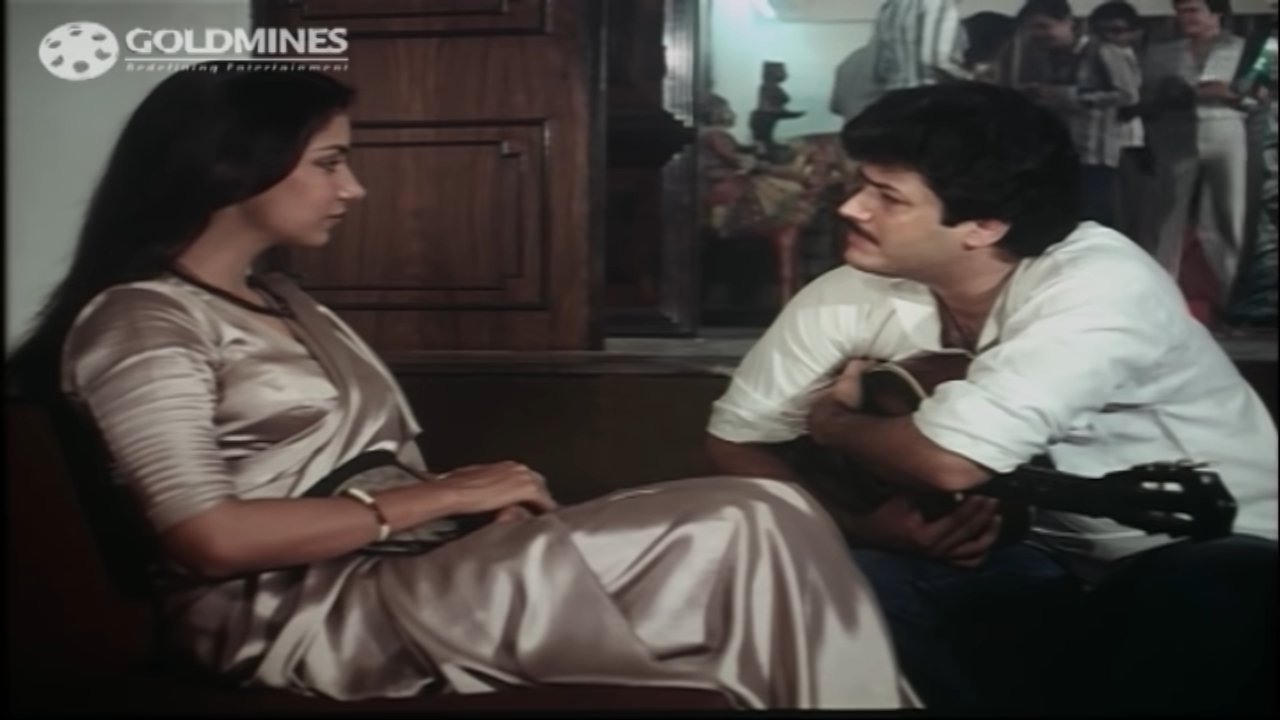
10. Aditi in Astitva
Astitva, starring Tabu, is one of the few films that has managed to avoid its female protagonist being eclipsed by the male leads. The social drama, which centres around a lonely marriage, follows a woman’s journey to gain agency over her own life.
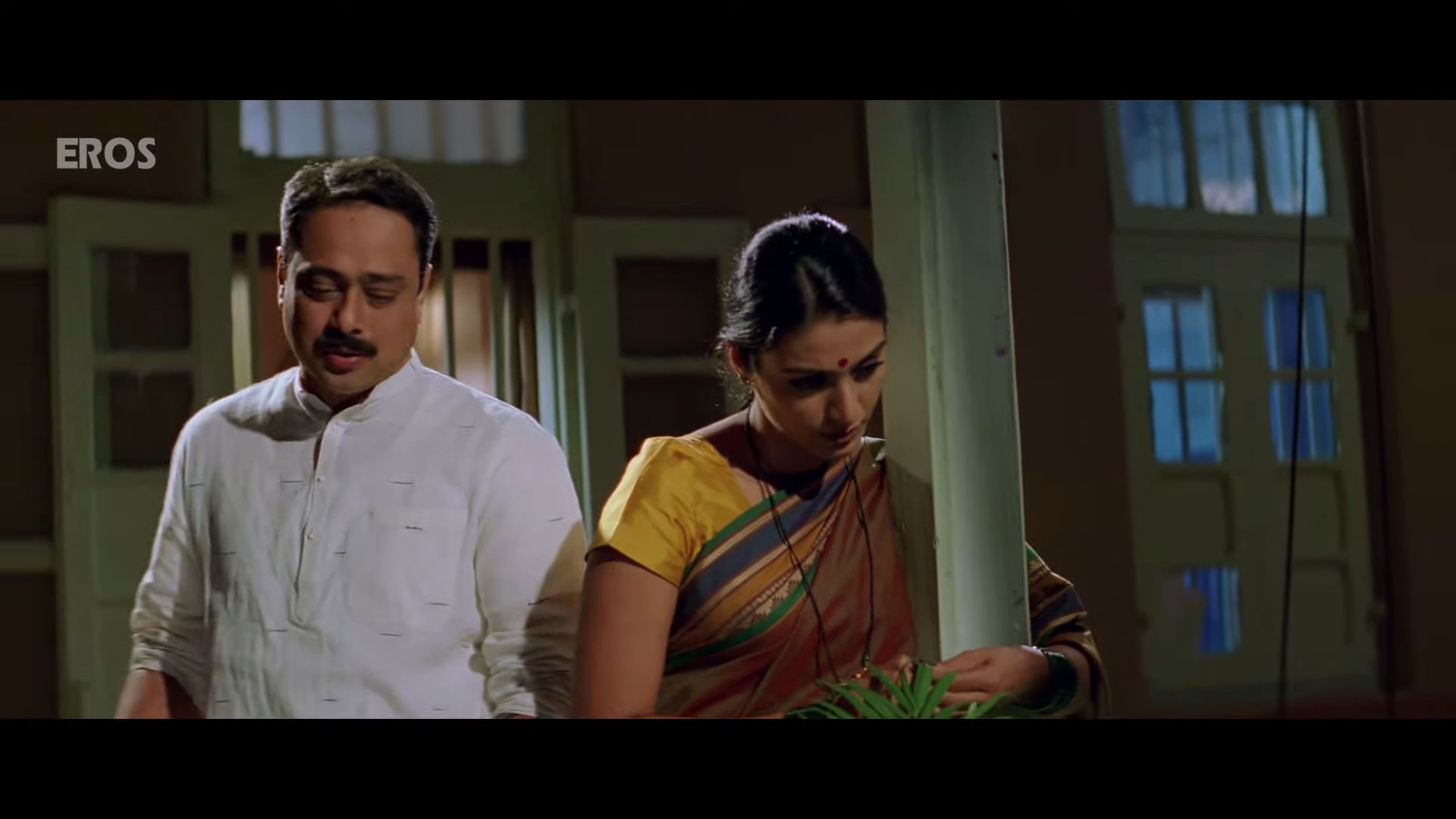
11. Shashi in English Vinglish
“Mujhe pyaar ki zarurat nahi hai, zarurat hai to sirf thodi izzat ki,” Shashi says in a scene from the film, which aptly sums up the character’s journey of finding her place in her family as well as the society. Regardless of the fact that she has a male character who falls for her, she is only focused on one thing: forging her own identity.

Even biopics like Gangubai Kathiawadi or Gunjan Saxena were a woman’s story, barring tales of her love life. The number of female-led Bollywood movies bringing forth new narratives has been steadily increasing. We’ve seen dramatic shifts in storytelling, especially with the rise of OTT content.






